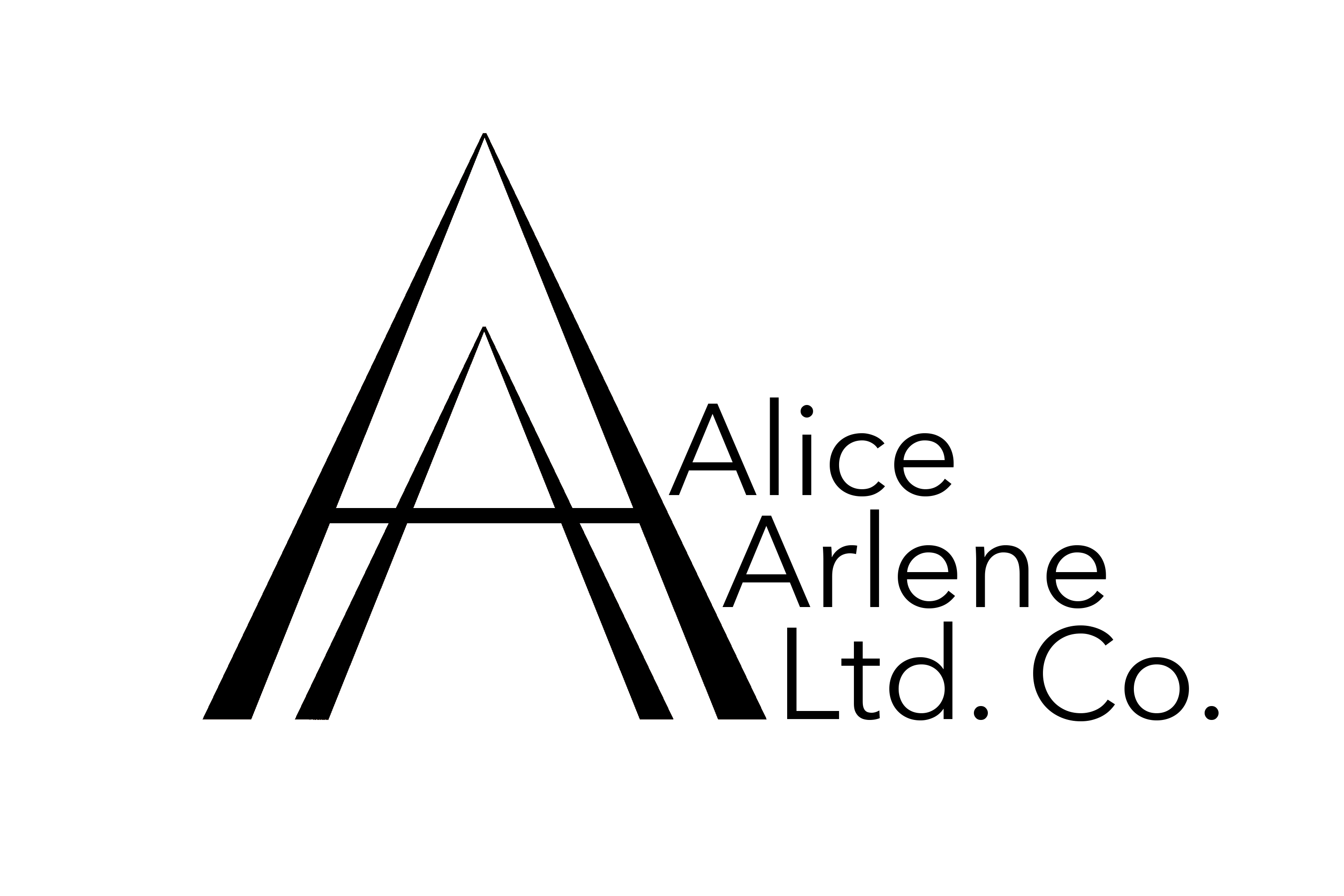What are the specific benefits of online advertising?
Online advertising offers several specific benefits that have contributed to its widespread adoption and effectiveness. Here are some key benefits of online advertising:
Wide Reach:
Online advertising provides access to a global audience. With billions of people using the internet worldwide, advertisers can reach a vast number of potential customers across different geographic locations, time zones, and demographics.
Targeted Audience:
Online advertising allows for precise targeting capabilities. Advertisers can define their target audience based on various criteria, such as demographics, interests, behaviors, or even specific search terms. This level of targeting ensures that ads are delivered to users who are most likely to be interested in the products or services being promoted.
Cost-Effective:
Online advertising often offers more cost-effective options compared to traditional advertising channels. Advertisers can set their own budgets, choose from various pricing models (such as cost-per-click or cost-per-impression), and have greater control over their ad spend. This flexibility allows for efficient allocation of resources and the ability to scale campaigns based on performance.
Measurable Results:
Online advertising provides robust measurement and analytics capabilities. Advertisers can track and measure the performance of their campaigns in real-time, gaining insights into ad impressions, click-through rates, conversions, and other key metrics. This data-driven approach enables advertisers to optimize campaigns, make data-informed decisions, and improve return on investment (ROI).
Flexibility and Agility:
Online advertising offers flexibility in terms of ad formats, creative options, and campaign customization. Advertisers can experiment with different ad creatives, messaging variations, and targeting strategies to determine the most effective approach. Online campaigns can be easily adjusted, paused, or scaled based on performance, market trends, or business objectives.
Interactivity and Engagement:
Online advertising provides opportunities for interactive and engaging ad experiences. Advertisers can incorporate multimedia elements, interactive features, videos, animations, or gamification to capture user attention and drive higher engagement. Interactive ads encourage users to interact with the content, increasing brand interaction and the potential for conversions.
Advanced Tracking and Retargeting:
Online advertising enables sophisticated tracking capabilities. Advertisers can monitor user behavior, track conversions, and use data to refine targeting strategies. Retargeting allows advertisers to reach users who have previously shown interest in their brand or products, increasing the chances of conversion by maintaining brand visibility and engaging with potential customers.
Real-Time Optimization:
Online advertising enables real-time campaign optimization. Advertisers can make immediate adjustments to targeting, bidding, or creative elements based on real-time data and insights. This agility allows advertisers to maximize campaign performance, respond to market changes quickly, and capitalize on emerging opportunities.
Integration with Other Channels:
Online advertising can be seamlessly integrated with other marketing channels and strategies. Advertisers can combine online ads with email marketing, social media campaigns, content marketing, or influencer partnerships to create cohesive and integrated marketing efforts. This integration enhances brand consistency, message amplification, and overall campaign effectiveness.
Enhanced Brand Visibility and Awareness:
Online advertising can significantly enhance brand visibility, especially for new or lesser-known brands. By leveraging online channels, advertisers can generate widespread brand exposure, increase brand awareness, and reach audiences that may not be accessible through traditional advertising methods alone.
Immediate Impact:
Online advertising can have an immediate impact on audience response and engagement. Unlike traditional advertising methods that may require longer lead times, online ads can be launched quickly and start generating impressions, clicks, and conversions almost instantly. This immediacy allows advertisers to rapidly test, refine, and optimize their campaigns for better results.
Personalization and Customization:
Online advertising enables personalized and customized messaging. Advertisers can tailor ads based on user preferences, behavior, or location, delivering highly relevant and targeted content to individual users. Personalized ads have a higher likelihood of capturing user attention, increasing engagement, and driving conversions.
Access to Data Insights:
Online advertising provides access to valuable data insights and audience analytics. Advertisers can gather data on user behavior, ad performance, conversion rates, and other metrics to gain a deeper understanding of their target audience. These insights can inform marketing strategies, refine targeting approaches, and guide future advertising campaigns.
Enhanced Customer Interaction:
Online advertising offers interactive features that encourage user engagement and interaction. Users can click on ads, submit forms, participate in surveys, or share feedback, providing advertisers with valuable opportunities for direct customer interaction. This two-way communication fosters brand-consumer relationships, allows for feedback collection, and facilitates customer insights.
Global Brand Exposure:
Online advertising enables brands to expand their reach and gain exposure on a global scale. With internet access reaching a significant portion of the world’s population, advertisers can target specific countries, regions, or even international markets. This global exposure helps brands establish their presence in new markets, reach diverse audiences, and drive international growth.
Enhanced Ad Tracking and Attribution:
Online advertising offers advanced tracking and attribution capabilities, allowing advertisers to measure the impact of their ads throughout the customer journey. Advertisers can track user interactions from the initial ad impression to the final conversion, attributing specific actions to their advertising efforts. This data-driven approach helps optimize campaigns, allocate budgets effectively, and improve overall marketing strategies.
Improved Ad Testing and Iteration:
Online advertising facilitates continuous ad testing and iteration. Advertisers can easily create multiple variations of ads, test different elements (such as headlines, visuals, or calls-to-action), and analyze performance metrics to identify the most effective combinations. This iterative process enables advertisers to refine their messaging, optimize campaigns, and maximize ad performance over time.
Enhanced Brand Engagement and Social Sharing:
Online advertising can stimulate brand engagement and social sharing. Compelling ads with shareable content, unique offers, or engaging storytelling have the potential to go viral, generating buzz and organic reach through social media platforms. This amplification of brand messages increases brand exposure, extends the ad’s reach, and fosters user-generated content and advocacy.
Integration with E-commerce and Online Sales:
Online advertising seamlessly integrates with e-commerce platforms, allowing users to click on ads and make direct purchases. Advertisers can drive traffic to their online stores, promote specific products or offers, and track the direct impact of their ads on sales. This integration streamlines the path to purchase, increases conversion rates, and enables efficient sales tracking.
Enhanced Return on Investment (ROI):
Online advertising offers the potential for a high return on investment. By leveraging the targeting capabilities, data insights, and optimization opportunities available in online advertising, advertisers can improve campaign performance, increase conversions, and achieve a higher ROI compared to traditional advertising methods.
These benefits of online advertising empower advertisers to connect with their target audience more effectively, drive engagement, increase brand awareness, and achieve their marketing objectives. The dynamic nature of online advertising, combined with its versatility and measurement capabilities, has made it an indispensable tool for businesses across industries and of varying sizes.





